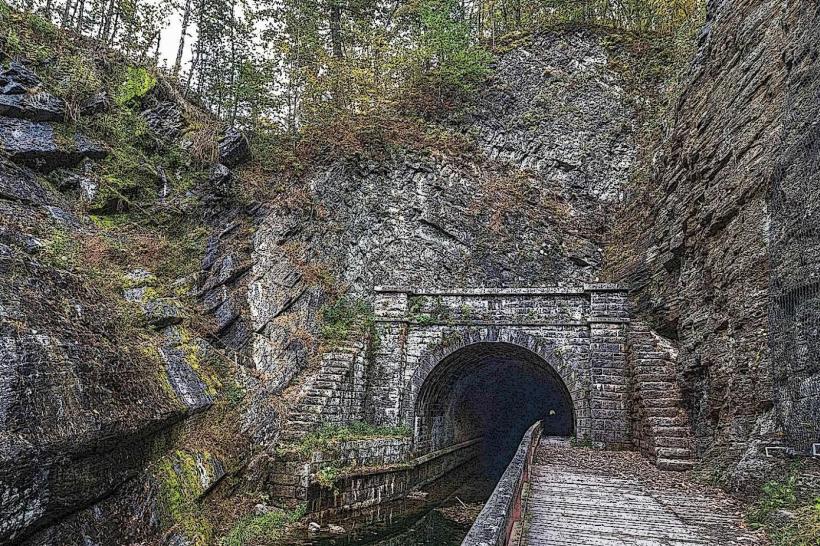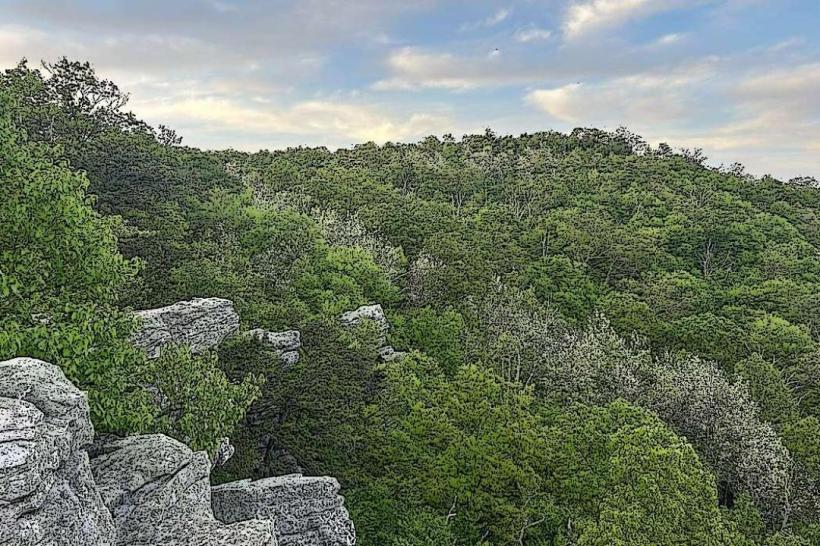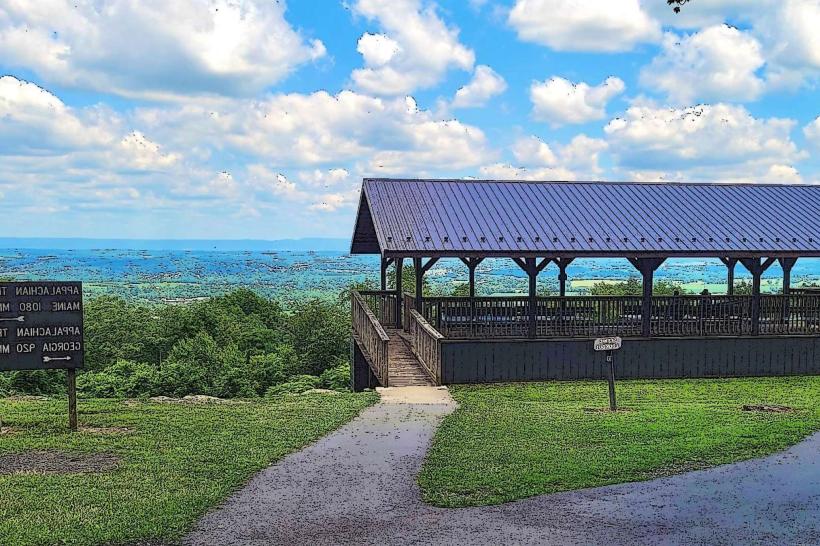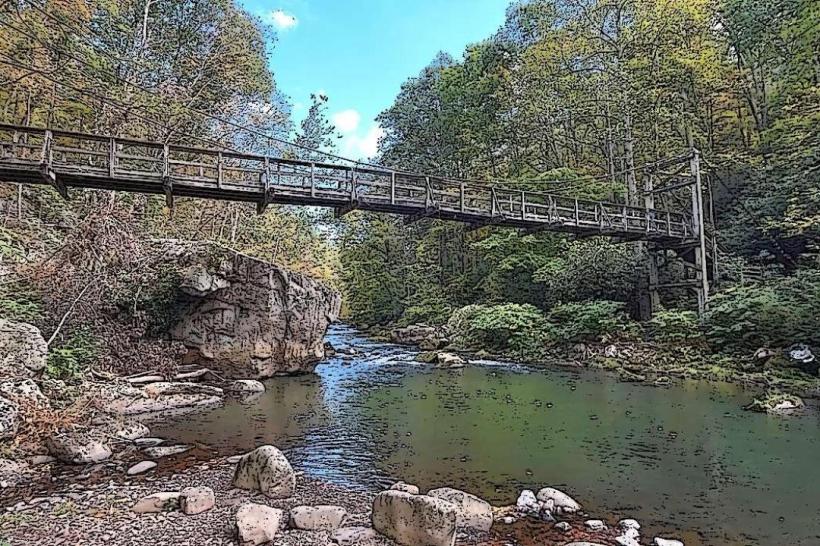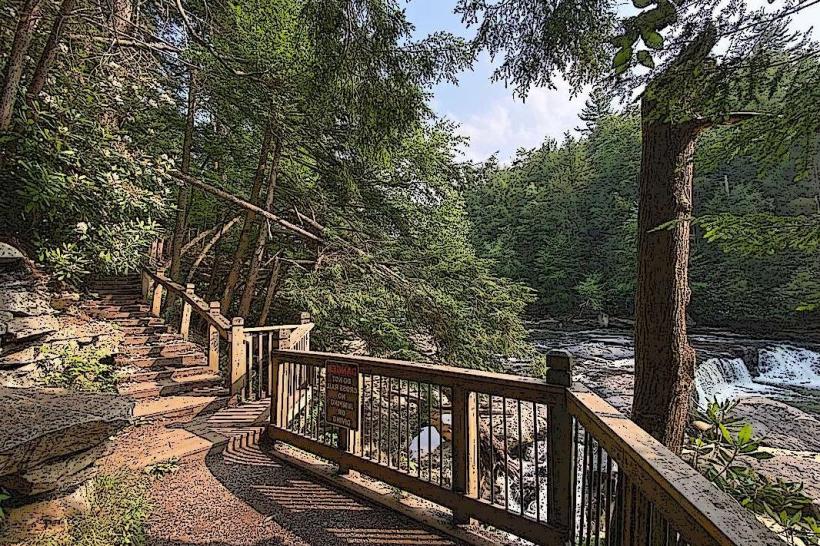Information
Landmark: Wills MountainCity: Hagerstown
Country: USA Maryland
Continent: North America
Wills Mountain, Hagerstown, USA Maryland, North America
The Morris Museum is an art and history museum located in Morristown, New Jersey.
It houses a diverse collection spanning fine art, cultural history, and technology.
Visual Characteristics
The museum building is a two-story structure constructed primarily of brick with stone accents. Its architectural style incorporates elements of Georgian Revival. The main entrance features a portico with Doric columns. The grounds include landscaped gardens.
Location & Access Logistics
The Morris Museum is situated at 6 Normandy Heights Road, Morristown, NJ 07960. It is approximately 3 miles (4.8 km) west of Morristown's central business district. Ample on-site parking is available, including accessible spaces. Public transportation options include the NJ Transit Morris & Essex Line to Morristown Station, followed by a taxi or rideshare service (approximately 10-minute travel time).
Historical & Ecological Origin
The museum was founded in 1913 as the Morris County Historical Society. The current building was constructed in 1969, designed by architect John Carl Warnecke. Its purpose is to collect, preserve, and exhibit artifacts and artworks relevant to the history and culture of Morris County and the surrounding region.
Key Highlights & Activities
Visitors can explore permanent exhibitions on local history, including colonial life and industrial development. Temporary exhibitions feature rotating displays of fine art, decorative arts, and cultural artifacts. The museum also hosts educational programs, lectures, and workshops. The collection includes a significant display of antique musical instruments.
Infrastructure & Amenities
Restrooms are available on both floors. Limited shaded areas are present in the outdoor gardens. Cell phone signal (4G/5G) is generally reliable within the museum building. Food and beverage options are not available on-site, but several restaurants are located within a 1-mile radius in downtown Morristown.
Best Time to Visit
Weekdays, particularly Tuesday through Thursday mornings, typically offer fewer crowds. For photography, natural light is best during midday hours when sunlight enters through the building's windows. The museum is open year-round, with no specific seasonal weather considerations impacting indoor visits.
Facts & Legends
The museum's collection includes a 1913 Rolls-Royce Silver Ghost, one of the oldest surviving examples of this model. This vehicle is part of the museum's extensive transportation history exhibit.
Nearby Landmarks
- Historic Speedwell Village (1.5km Northeast)
- Macculloch Hall Historical Museum (2.0km Southwest)
- Morristown National Historical Park (3.5km West)
- The Shakespeare Theatre of New Jersey (4.0km Northwest)











